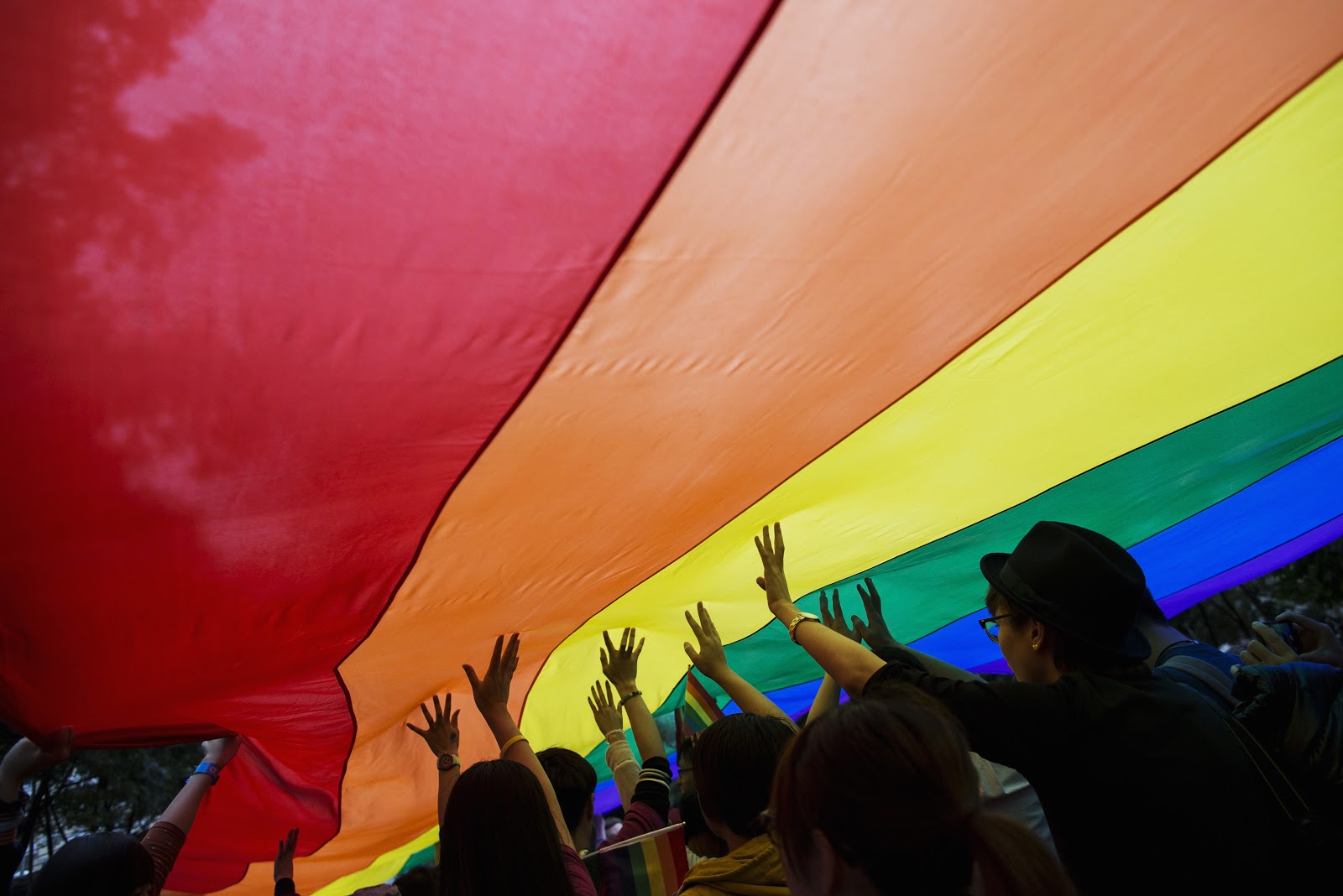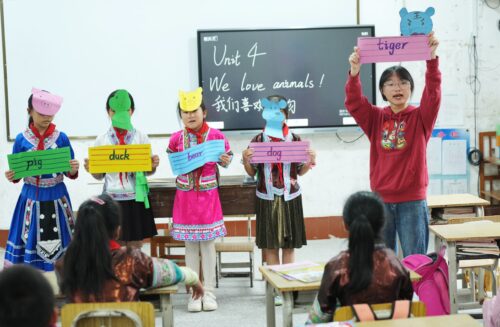Chinese college withdraws health textbook amid outcry over homophobic content
In a section about homosexuality, the book accuses gay people of “violating the law of nature” and “bringing instability into society.” It also depicts homosexuals as “unhealthy” and “suffering” individuals who “have shorter life expectancy than normal people” and are “more prone to abuse drugs” because of their “lack of willpower.”

Earlier this month, in a verdict widely interpreted as a major blow to China’s LGBT+ community, a court in Jiangsu Province ruled in favor of an academic publisher over a college textbook that describes gay people as suffering from “psychosexual disorder.”
Roughly three weeks after the controversial ruling, another controversy erupted this week over a different college textbook that is seen as “blatantly homophobic” for calling homosexuality “abnormal,” and also hawking several baseless myths that are commonly used to demonize LGBT+ people.
The textbook was first called into question by Weibo user Wǒ shì luòshēng 我是落生, an outspoken advocate for women’s rights and LGBT+ equality. In a post (in Chinese) on September 21, the activist shared an anonymous tip-off about a health textbook designed and used by Huaiyin Normal University in Jiangsu Province.
In a section about homosexuality, the book accuses gay people of “violating the law of nature” and “bringing instability into society.” It also makes a series of incendiary claims to depict homosexuals as “unhealthy” and “suffering” individuals who “have shorter life expectancy than normal people” and are “more prone to abuse drugs” because of their “lack of willpower.”
“For one thing, gay people tend to find themselves embroiled in conflicts because of the rejections and disapprovals from normal groups. For another, they would lure and instigate normal people to become one of them, causing a sense of insecurity.”
In no time, the post became a trending topic on Weibo, with people strongly denouncing the book’s “blatant display of homophobia.” “How could we expect younger generations to be open-minded about sexuality and gender when they receive this kind of education at schools,” a Weibo user commented (in Chinese). Another added (in Chinese), “It is true that gay people tend to suffer higher rates of mental health isssues. But that’s because they face widespread discrimination!”
However, not everyone is critical of the textbook. There have been a fair share of people coming to the school’s defense, arguing that they saw no wrong in the book’s anti-gay rhetoric. “It’s just telling the truth. And the truth, in this case, is uncomfortable,” a Weibo user wrote.
As the controversy grew, a spokesperson from the university admitted to The Paper today (in Chinese) that the textbook’s statements about homosexuality were “inappropriate,” and that it had asked students to return the books. The person also promised that the school would work with health experts to review the textbook again and delete “problematic parts.”
While China stopped classifying homosexuality as a mental illness in 2001, a society that fully embraces and celebrates sexual minorities still remains a pipe dream for China’s LGBT+ community. In addition to overcoming systematic oppression and eliminating widespread discrimination, increasing positive representations of homosexuality in textbooks has been a major endeavor by LGBT+ activists in China in recent years.






